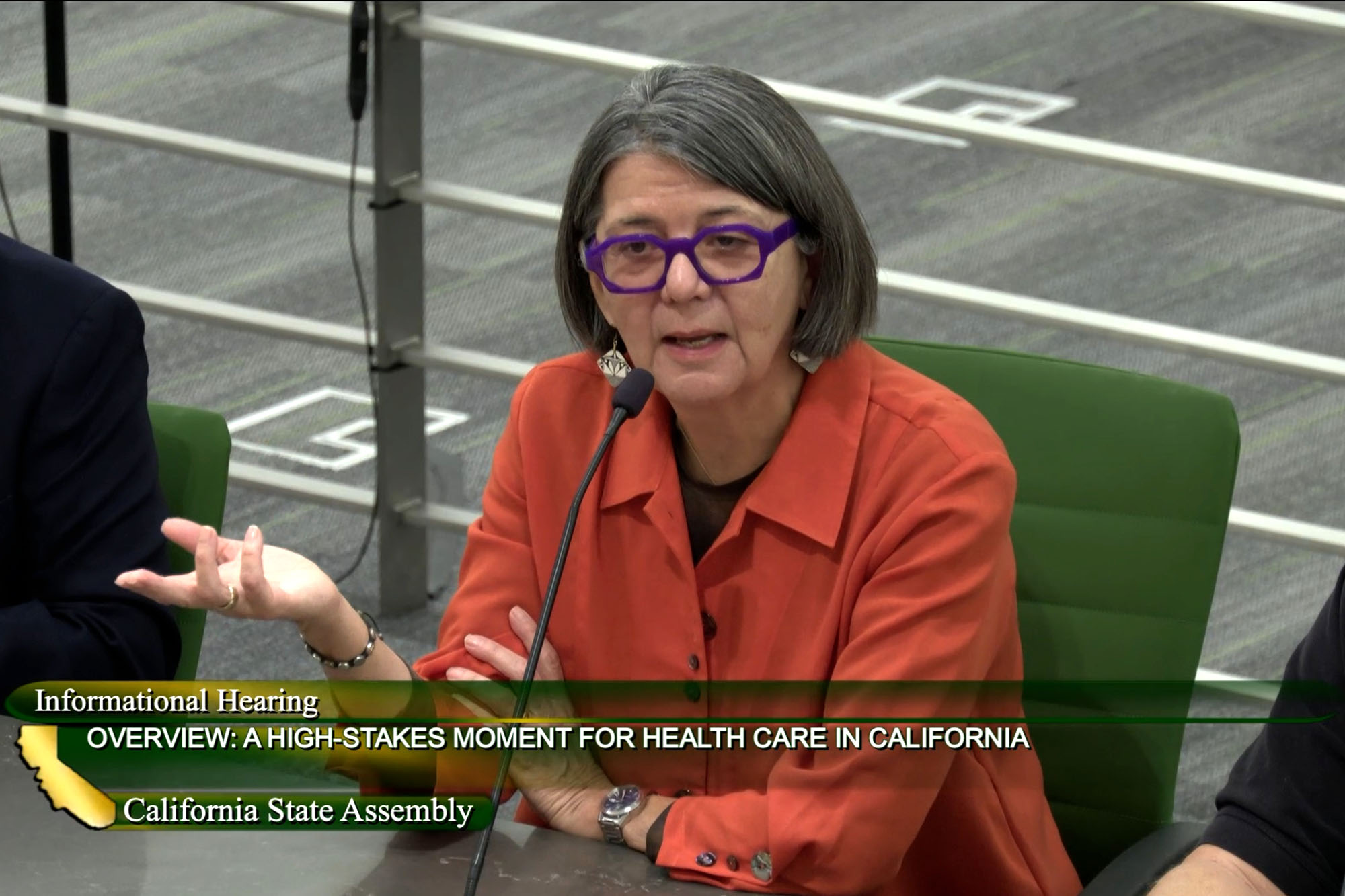Download the Report
Jump to All Downloads & LinksKey Takeaways
- Fourteen states (including California) and Washington, DC, offer state-funded health coverage to people with unsatisfactory immigration status (UIS), which includes those who are undocumented as well as green card holders and lawfully present immigrants.
- All 14 states and DC cover children, while only eight states and DC cover adults.
- As of 2025, three states have capped enrollment, often reaching capacity within days. Others, without caps, have faced unexpectedly high enrollment and costs, prompting at least one to scale back its program.
Many states are trying to decide whether and how they should offer health coverage to immigrants with unsatisfactory immigration status (UIS), which includes people who are undocumented and some who are in the US legally but without full rights — green card holders and lawfully present immigrants. This paper is intended to provide policymakers, advocates, and other stakeholders with a snapshot of the options available to states up until now and how states have responded.
People with UIS have few choices for health coverage. Across the country, most undocumented immigrants cannot access federal programs like Medicaid and the Children’s Health Insurance Program (CHIP). Some immigrants here legally must meet certain requirements and often must wait five years before they can get benefits. In 2023, 50% of undocumented adults and 18% of lawfully present immigrant adults did not have health insurance.
Even with federal rules, states can take steps to help more people get coverage. Some of these steps include:
- Offering prenatal and pregnancy care through a special CHIP program, From Conception to End of Pregnancy, no matter a person’s immigration status.
- Using CHIP Health Services Initiatives to extend postpartum coverage.
Beyond federal options, some states pay for their own coverage programs for UIS immigrants. These often mirror Medicaid and CHIP or provide access via state marketplaces or basic health plans. To date:
- Fourteen states (including California) and Washington, DC, offer state-funded health coverage to people with unsatisfactory immigration status (UIS), which includes those who are undocumented as well as green card holders and lawfully present immigrants.
- All 14 states and DC cover children, while only eight states and DC cover adults.
- As of 2025, three states have capped enrollment, often reaching capacity within days. Others, without caps, have faced unexpectedly high enrollment and costs, prompting at least one to scale back its program.
California, which has the nation’s largest immigrant population, has implemented all three federal flexibilities and, in 2024, became the first state to offer health coverage to all residents with low incomes regardless of immigration status through Medi-Cal using state only funds. Due to state budget pressures, however, California will be freezing new enrollment for full-scope Medi-Cal coverage for undocumented people age 19 and older starting January 1, 2026. Full-scope dental benefits will no longer be available for people with UIS status over 19 starting July 1, 2026. People age 19 to 59 with UIS who are already covered by Medi-Cal will be required to start paying a $30 monthly premium effective July 1, 2027.
Authors & Contributors
Willa Murphy
Aurrera Health Group
Catherine Gekas Steeby
Aurrera Health Group
Kate Johnson
Aurrera Health Group
Lucy Pagel
Aurrera Health Group





